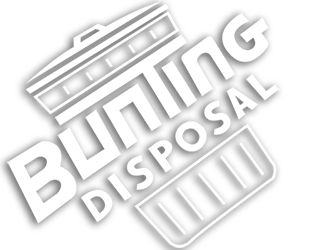Follow Us x
What Can I Recycle?
It's incredibly important to know what you can recycle and what you can't.
Contamination is the biggest problem facing current recycling practices today. People throw in things they shouldn’t, like grease soaked cardboard, plastic bags, or paint cans. If it ends up at the recycling center, all pieces in proximity to the contamination must be removed, causing slowdowns and strain on the facility.
ACCEPTED: PLASTIC RECYCLING Must be CLEAN OF FOOD and LABELS REMOVED
Includes all CLEANED plastic containers with recycle symbol #1 thru #7: soft drink bottles, milk jugs, detergent bottles, FLATTENED cartons, etc. Check the bottom of the container before recycling.
ACCEPTED: METAL RECYCLING Must be CLEAN OF FOOD and LABELS REMOVED
Includes aluminum cans, baking pans, tin cans, steel food containers, EMPTY aerosol cans, and lids.
ACCEPTED: CARDBOARD RECYCLING All boxes MUST BE FLATTENED for proper disposal
Includes corrugated cardboard, shipping boxes, cereal and dry food boxes, shoe boxes, tissue boxes, moving boxes, detergent boxes, soda/beer cartons, and paper towel/toilet tissue rolls.
ACCEPTED: PAPER RECYCLING
Includes newspapers, magazines, catalogs, paperback books, manila folders, letterhead, notebook paper (no backings), computer paper, envelopes (with windows), coupon books, calendars, and brown paper bags.
ACCEPTED: GLASS RECYCLING
Do Not Recycle
If these items are in the recycle bin we will not take it.
Styrofoam, electronic waste (TVs, batteries, computers, etc), motor oil containers, yard waste, chemical containers, plastic bags, shredded paper, ceramics or dishes, food waste, scrap metal, paper bowls, paper plates, paper cups, plastic silverware.
Recycle customers, please take the initiative to double check the items you are placing in the recycling bins. We will not remove your recycle if it is dirty, “contaminated”. The recycle plant will charge us for contaminating their facility. If you have any questions, or concerns, please contact our office.

